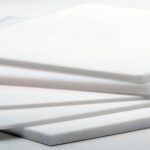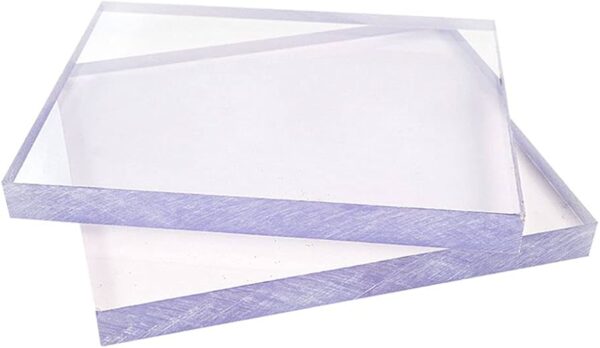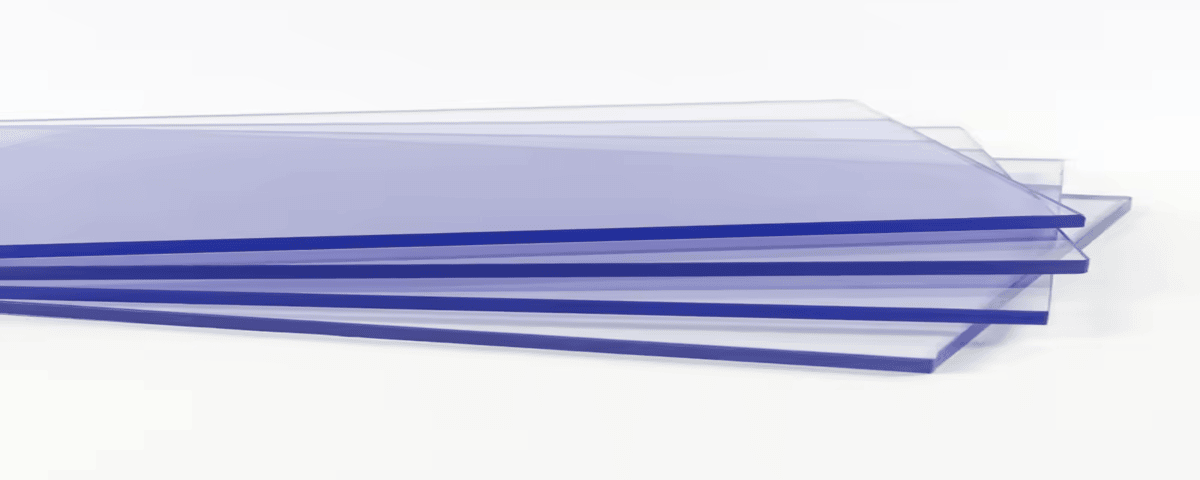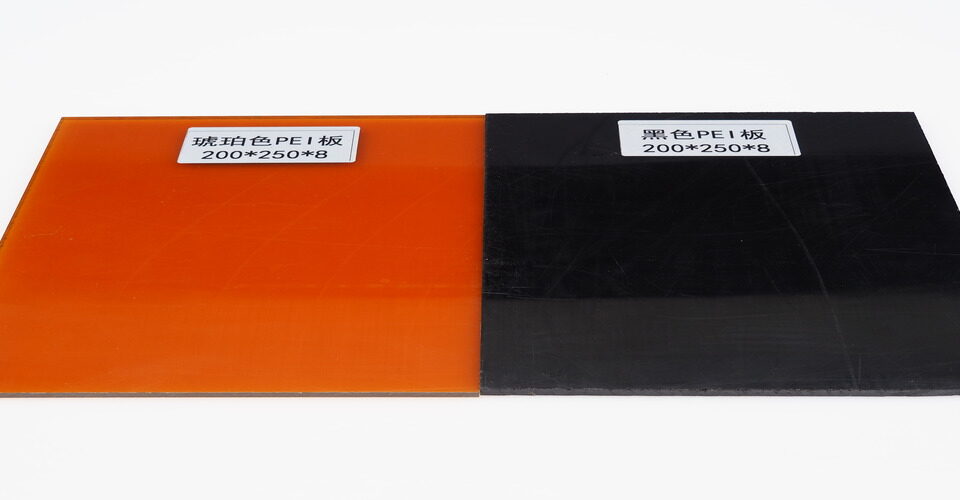
What Is PTFE Thread Used For?
December 24, 2024
What Are the Disadvantages of ABS Plastic?
December 25, 2024Polyvinyl Chloride (PVC) is a versatile thermoplastic polymer widely used across industries due to its unique combination of properties. Below are the key properties of PVC:
High Durability
PVC is known for its excellent durability, with strong resistance to wear and tear. It can withstand mechanical stress and has a long service life, making it ideal for construction and industrial applications.
Chemical Resistance
PVC is highly resistant to chemicals such as acids, alkalis, oils, and salts. This property makes it suitable for applications like chemical storage tanks, piping systems, and industrial flooring.

Weather Resistance
PVC has excellent resistance to weathering, including UV exposure and moisture. It is often used in outdoor applications, such as siding, windows, and roofing materials.
Fire Retardancy
PVC is inherently flame-retardant due to its chlorine content. It has a self-extinguishing characteristic, which makes it a preferred material for electrical and construction applications.
Thermal Insulation
PVC provides good thermal insulation, helping maintain energy efficiency in applications like window frames and cladding. However, its heat resistance is moderate compared to high-performance plastics.
Electrical Insulation
PVC is an excellent electrical insulator, making it widely used in electrical wiring, cables, and connectors.
Flexibility and Rigidity
PVC is available in both flexible and rigid forms. Flexible PVC is used in hoses and cables, while rigid PVC is used in pipes and structural components.
Lightweight
PVC is lightweight yet sturdy, which makes it easy to handle, transport, and install.
In summary, PVC combines durability, chemical resistance, and versatility, making it indispensable across various industries.






